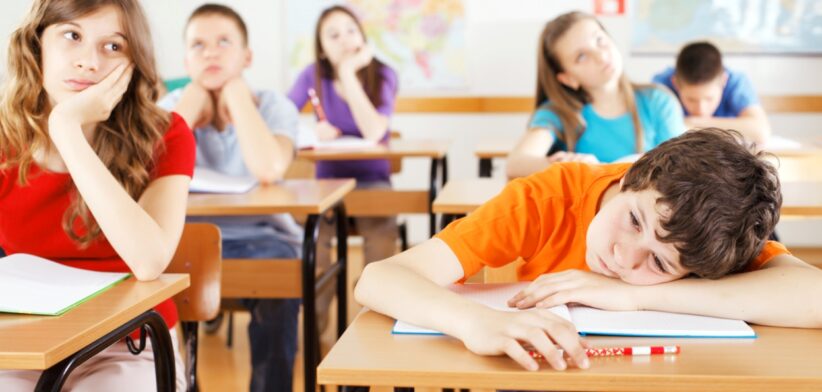Climate change could reduce educational outcomes by up to 10 percent within 25 years, according to new research.
A study by Australian researchers has found the cumulative effect of overheated classrooms on students was deep and widespread.
UNSW Sydney Professor Mat Santamouris said the research found prolonged exposure to urban heat significantly impaired students’ cognitive performance, with vulnerable and low-income populations disproportionately affected.
Professor Santamouris said the study analysed data from nearly 14.5 million students across 61 countries.
“The findings show that long-term exposure to elevated temperatures, particularly in school environments, reduces students’ ability to learn and retain knowledge, with complex tasks such as mathematics more affected than simpler ones like reading,” he said.
“It also increases mental health risks and contributes to broader educational inequalities.”
Professor Santamouris said the impact of high temperatures on students’ academic performance was “profoundly significant”, influencing their educational, intellectual, and professional achievements.
“This research highlights a critical and under-recognised consequence of climate change. Heat stress doesn’t just impact physical health—it undermines educational equity and affects human potential.”
He said without intervention, climate change could reduce student performance by up to 10 percent by 2050 in some regions.
Other key findings were:
- Cognitive Decline: Sustained heat exposure over multiple school years leads to measurable declines in academic performance.
- Social Inequality: Students from low-income and minority backgrounds are up to three times more affected by heat-related learning loss.
- Global Disparities: Students in poorer countries experience significantly greater cognitive losses than those in wealthier nations.
Professor Santamouris said the review also examined adaptation strategies, including air conditioning, which could offset 73 percent of heat-related cognitive loss.
He said other strategies investigated included improved ventilation, and urban cooling technologies.
“While these measures can mitigate cognitive losses, access remains uneven—particularly in disadvantaged communities.
“Cooling technologies must be made accessible to all students, not just those in affluent areas. Otherwise, climate change will continue to widen educational and social gaps.”
Read the full study: Cumulative exposure to urban heat can affect the learning capacity of students and penalize the vulnerable and low-income young population: A systematic review.








